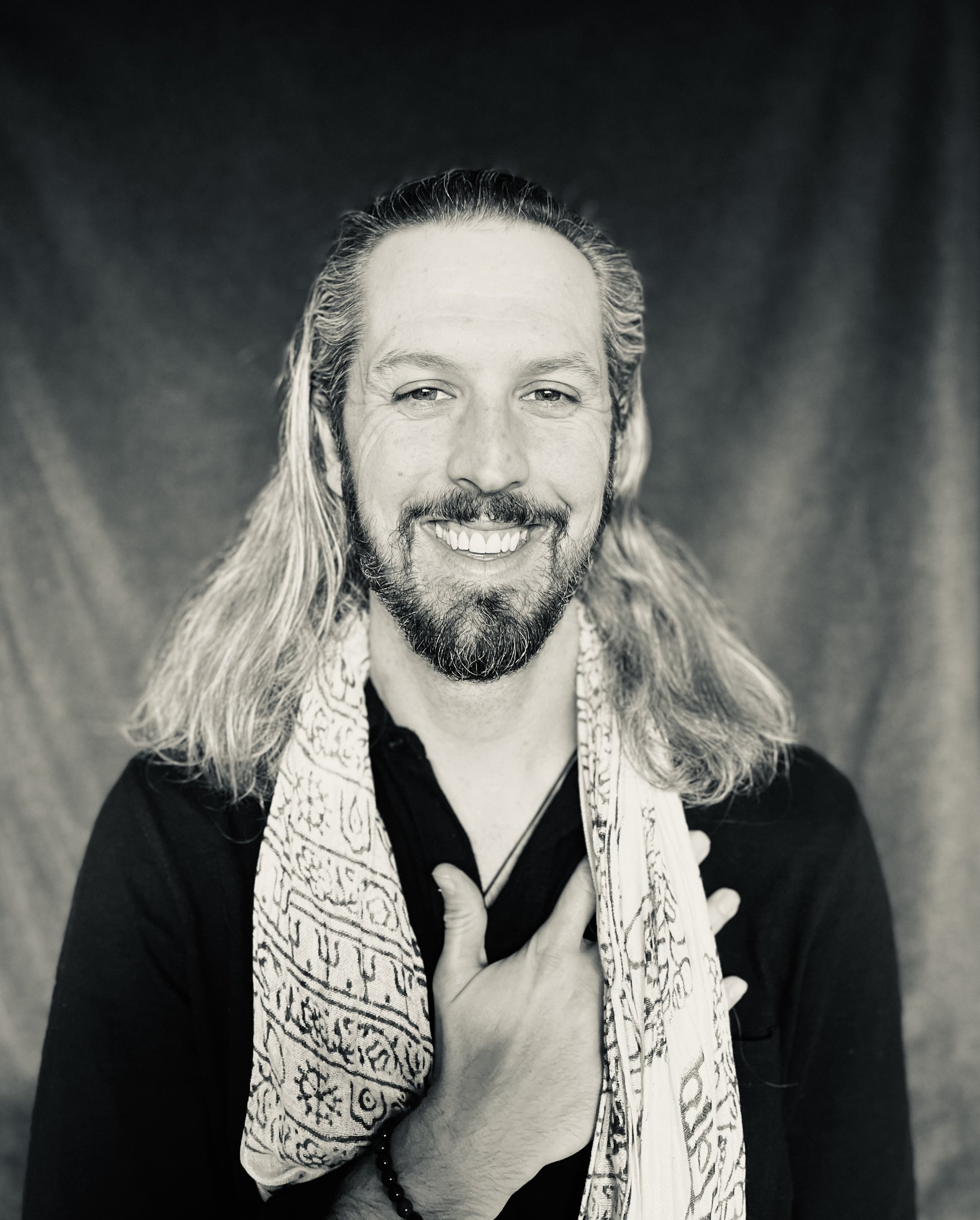
About
What is therapy really about?
Therapy is about creating an environment where you can experience a new kind of relationship.
From the first moment of your life the lens you developed to see the world was shaped by those who cared for you. As a small, fragile, dependent infant you were biologically hard wired to seek safety in the presence of others. Just like eating, sleeping, and staying warm, you needed comfort and connection. So, you screamed, you cried, and you acted irresistibly cute to make sure your needs were met. These 'strategies' for connection and protection are the result of biology (your DNA) and ecology (the physical and relational landscape), and they go on to shape your personality and inform your style of relating (the map you use to navigate the world).
This is the beginning of your attachment style: your primary strategy for safely getting your needs met. This is also the beginning of self awareness (learning to recognize your experience of the world), emotional regulation (learning to accept your feelings and calm yourself down), and interpersonal skills (learning to connect with others in a safe way).
You may be curious about seeking therapy because your attachment style isn't working for you. You might not feel like 'yourself' or have a strong sense of identity. You may have a difficult time tolerating stress, experiencing your emotions, or self soothing. You might feel threatened anytime another person tries to get close to you, or you might not feel like you have the relational tools to create the connection and intimacy you long for.
You may also be seeking therapy because trauma has reshaped the landscape of your life. You no longer feel like yourself, and you struggle to find safety, or constantly re-experience the original threat. This is often the case, because trauma has the power to overwhelm your internal and external resources, leaving you to suffer in isolation.
But therapy offers hope. When you experience a new kind of relationship that offers safety and choice, honesty and kindness, you can find your way to healing.
I can work with you to:
- understand your attachment style and the tools you use to respond to traumatic events
- process and integrate early developmental trauma/neglect that shaped your attachment style
- increase self awareness, emotional regulation, and interpersonal skills to reduce negative impact of trauma
- grow towards an 'earned secure' attachment that gives you peace with the past, tools to stay calm in the present, and hope for the future
- support your inner life by tuning into dreams, unconscious patterns, and insights from non-ordinary states of consciousness.
A bit about my becoming.
For a long time I spent a great deal of energy and money trying to save the world.
As the former creative director for a large international relief and development organization, I played witness to many of the worst tragedies taking place on our globe; Haiti directly following the deadly earthquake in 2010 that claimed over 200,000 lives; South Sudan months before it's historic election to form it's own government; Eastern DRC at the height of a bloody civil war where rape and gender violence were used as weapons of mass destruction.
It was in Ruthshuru, a small village on the Congolese / Rwandan border, where I met the brave men and women who invited me into their stories of trauma and hope, and in doing so helped me discover my own powerlessness, my own pain, and my desire to give the gift they gave me.
This was a big step for me, as a life time peace maker and avoidantly attached person I didn't make a lot of space for my needs. I believed anxiety and depression where character flaws, and that trauma was something that happened to other people. Through my own personal work I slowly came out of hiding and acknowledged the truth of my pain (as well as the brilliance of my coping strategies), and as I did I began to experience my life in profoundly new ways.
Heart-shattered and inspired by the pain and resilience of my Congolese friends, and growing in my own self-awareness, I decided to leave my career in relief and development to become a trained psychotherapist.
I studied counseling psychology at The Seattle School of Theology and Psychology where I received my Masters of Arts in Counseling Psychology, with a focus on interpersonal psychodynamic psychotherapy and trauma recovery. I am a licensed Mental Health Professional in the state of Washington, License #LH61139504 and a member of the American Counseling Association. I completed my EMDRIA approved EMDR training at The Maiberger Institute.
Along the way I've come to see the immense value in understanding the inner working of my brain, my nervous system, and my biological hard-wiring. Psychological theory has also been illuminating in many ways. But it wasn't just psycho-education that opened my eyes; it was the gift of relationship and the experience of sitting with an 'enlightened witness' (Miller, A.) In the presence of others I came out of hiding into the truth of my experience, both my grief and my joy, my trauma and my hope, my weaknesses and my strengths.
This is the gift of therapy that I hope to provide you. My clients are the most remarkable people you can imagine, many have survived egregious harm and are now seeking the support they deserve. Together we are discovering that Irvin Yalom was right all along when he said, "It is relationship, relationship, relationship, that heals."

